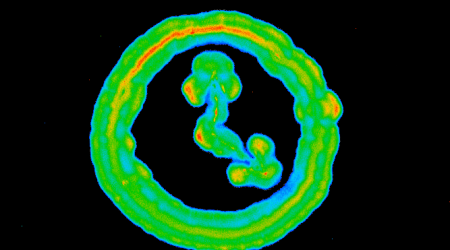John Innes Centre’s submission to inquiry into the implications of leaving EU on UK science

The John Innes Centre has submitted evidence to the House of Commons Science and Technology Committee’s inquiry into the implications and opportunities, for science and research, of leaving the EU.
Our submission focuses on four areas: People, collaborations, funding and regulation. In each area we have highlighted the implications and opportunities for our research and UK science as a whole.
Dale Sanders, Director of the John Innes Centre, said: “Science is an international activity and we have many links within the EU and globally. EU funding has facilitated those links, supporting our collaborations across Europe on important research and technologies which aim to improve food security and health.
“These collaborations enable scientists to work together to build on each other’s findings – achieving much more together than they ever could have done alone. In 2015/16 JIC’s annual research funding added up to £31m, £2m of which (6%) came from the EU.
“If we were no longer able to access EU funding, those collaborations would be put at risk. If however the UK remains part of the European Economic Area as Norway and Switzerland are, we may still be able to benefit from EU research funding but the UK would have to contribute to the EU’s research budget.
“The John Innes Centre is an international institute with 21 languages spoken on site by John Innes Centre staff. In 2014/15, 147 of our staff were from the UK and 84 were from across Europe. A further 72 came from countries across the rest of the world. In order to maintain our status as a world leading research institute we need to continue to be able to hire the brightest and best from across Europe and the world.
“We would have concerns if immigration rules were changed significantly as part of leaving the EU. Scientific research is at its best when it collaborates and builds on national and international knowledge.”



